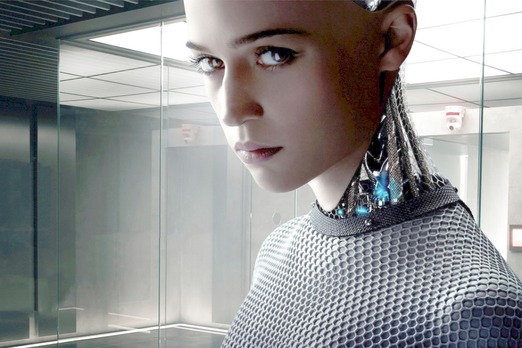
Or you can head on over to the character analysis for the Lord of the Eagles from The Hobbit. Check out Shmoop's analysis of the endings of Moliere's Tartuffe, Jane Austen's Northanger Abbey, or Theodore Taylor's The Cay for some example. Hence the phrase "god out of the machine," right? Famous Greek guy Euripides loved using this device, like in the ending of his play Medea, in which the title character escapes punishment (for killing her own children!) thanks to the intervention of Helios, the god of the sun.ĭeus ex machina is a popular device in modern works, too, though usually we don't see actual gods fixing the plot. The use of a machine in order to solve a problem, especially if that machine makes the protagonist feel god-like. Now, the nitty gritty: in ancient Greek plays, an actor playing a god would literally come down onto the stage via a crane-like machine called a mechane and clean up the plot's sticky mess. It is also used pejoratively for any improbable or unexpected. Euripides) to solve the problems of the plot. A deus ex machina is usually viewed as an artificial or contrived way to end things. (Expression) The God from a machine lowered on the stage by mechanical contrivance in some ancient Greek plays (e,g.

Further, Apollo states that Orestes will marry Hermione, and that Pylades and Electra will also marry.Deus ex machina is a Latin phrase that, translated literally, means "god out of the machine." Um, does that sound terrifying to you?īefore we give you the nitty gritty on how this Latin phrase got its modern meaning, we'll tell you that deus ex machina refers to an outside force swooping into a play, movie, or novel to neatly tie up the plot, resolve conflict, and generally save the day.
#DEUS EX MACHINA DEFINITION TRIAL#
He also orders Orestes to travel to Athens to stand trial in their court, and ensures him of his subsequent acquittal. Apollo clears the situation by informing the characters (and the audience) that Helen had been put amongst the stars, and therefore Menelaus should return to Sparta.

Example #5: Orestes (By Euripides)Īpollo appears on stage to bring things in order. The demi-gods Castor and Polydeuces – Helen’s brothers, and sons of Zeus and Leda – appear astonishingly to interrupt. In consequence, he tries to murder his sister for not telling him that Menelaus was not dead. Theoclymenos is furious when Helen and Menelaus trick him and run away together. The play ends with Peleus going with Thetis his wife, into the ocean. She comes to take Peleus back with her to her ocean home. In the end of the play, Thetis the sea goddess appears to Peleus.

His work is often met with criticism for the way he structured his plots, and for his underlying ideas.

Some scholars believe that he was the first writer to employ the device in his tragedies. However, if some other type of intervention – like common sense – could have been employed to procure the same result, then no matter how sudden the solution is, it would not be termed as deus ex machina.Įuripides was one of the most prominent users of deus ex machina. This means that the inherent capacity of deus ex machina to solve the mystery is not apparent until the time the device is actually employed to procure a viable ending for the plot. It is also that they are sudden or unexpected. Further, it must be shown that the problem solved by a deus ex machina is one that is unsolvable or otherwise hopeless. Deus ex machina, which means God in the machine, refers to the improbable addition of a character or plot twist for the sole purpose of resolving a story. They are not to be seen as unexpected twists and turns in the storyline that end up making things worse, and not as something that contributes towards changing the understanding of the story.


 0 kommentar(er)
0 kommentar(er)
